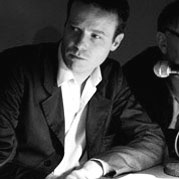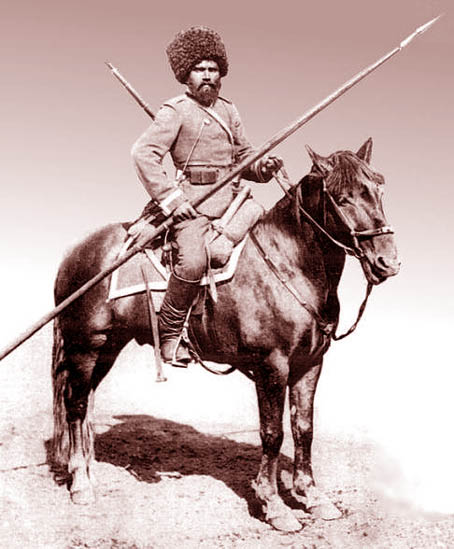What lies behind
these four discussions on culture and climate change (the first of which takes place this morning) is the idea that there is something unique about climate change, and the artistic responses that it calls for.
The likely impacts of climate change present a challenge - philosophical and cultural - to some of the most basic assumptions about who we are and what kind of civilisation we want. In doing so, it repositions humanity and humanity's sense of what it is to be human. It is, in short, a game-changer.
If we accept that position, which this blog does, then we see that culture is not an add-on to the subject of climate change or simply a means of communicating more effectively about it. Culture is the process by which we come to understand, and live through, its wider implications. Historically, culture and the arts have been one of the main ways in which people have tried to understand significant shifts in human values.
This is not to suggest everyone has to rush out and paint pictures or write plays about climate change. It is more subtle than that. In the 19th century, the publication of Darwin's
Origin of Species affected
artists' work in many areas, both explicitly and implicitly. In the 21st century, the bleak news contained in the IPCC reports may have
an influence as far-reaching.
T S Eliot wrote that Stendhal, Balzac and Flaubert were "analysts of the individual soul as it is found in a particular phase of society". The IPCC reports have introduced a new "particular phase of society".
It's encouraging that more and more artists, writers and performers are finding ways of responding to this development. And they are doing so in many different ways. But there's a sense that the critical framework, within which this work can be discussed, is largely absent. That's the area these four discussions hopes to address.
(The content of the four discussions largely emerged at a meeting in Cambridge in the summer.
Joe Smith and I would like to thank
Renata Tyszczuk,
Benjamin Morris,
Bradon Smith,
Wallace Heim,
Vicky Long and
Kellie Payne for their contributions. The discussions will be recorded and made available on the Open University
iTunesU.)
more ...






.jpg)

































